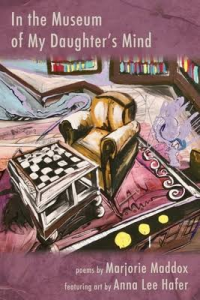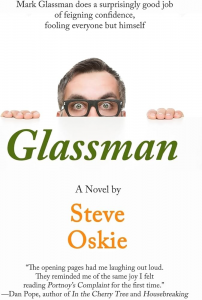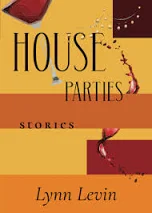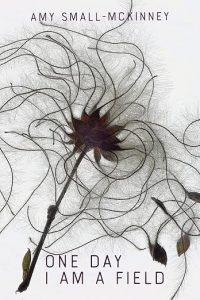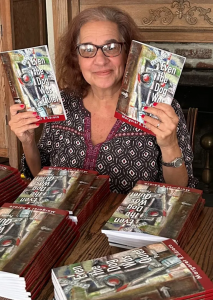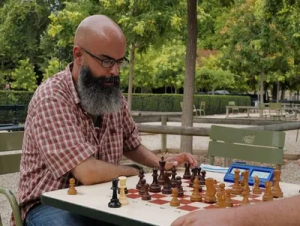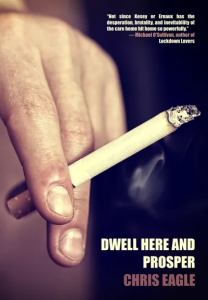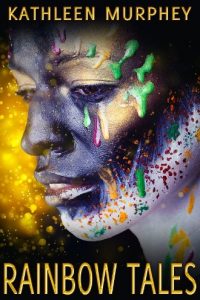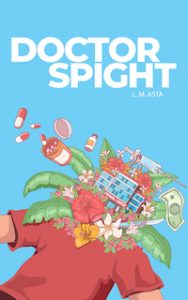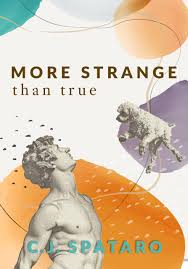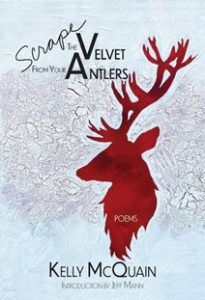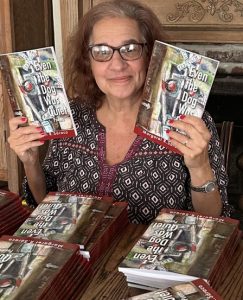

Review By: Nicole Conti
In Even the Dog Was Quiet, Margaret R. Sáraco crafts a haunting and emotional collection of poems that delve into the fragility of memory, the weight of loss, and the resilience of love. From the very first moments, the book establishes a poignant tone with jarring imagery of a burning house, a powerful metaphor for the slow, inevitable destruction that time and loss inflict on everything we hold dear. Yet, in the face of such loss, what remains is memory. Throughout the collection, Sáraco reflects on how love—whether for family, fleeting lovers, or friends—lingers in the fragments of memory we preserve, like echoes of a once-thriving home now reduced to ash. Her poems emphasize the importance of remembering, of holding onto the pieces of our past that define us, even when everything else is lost.
In reference to The Unlocked Door, Sáraco’s poetry serves as a “dose of fresh air cleansing a complex world.” Her work focuses on small, flickering moments, whether jagged with grief or buoyed by the sweet imagery of fruit, wine, and morning glory elixirs. These moments allow the reader to fully immerse themselves in her world, where each memory is carefully dissected and preserved. Sáraco grabs these small moments, milks every detail, and then delicately lays them out on the page, using beautiful poetic devices and vivid sensory elements. In many ways, her poems form a kaleidoscope of personal moments, frozen in time. She alludes to this in the poem Tall Ships, where she writes, “a moment in time caught with oils on canvas or a poet’s words.”
Sáraco skillfully orchestrates these themes of loss and love with mood. Take, for instance, the contrast of frigidness and warmth in Bobby and the Bonfire. The poem captures a heartbreak that shifts into a heartwarming end—the coldness of young heartbreak dissolving into warmth when the speaker gifts a ring to her future daughter. In ‘Between the Sheets’, the mood is heavy, cold, and sharp, underscoring the tragedy of loss with lines like:
“His words fall on our bed, gray shards
now next to my inexperienced and young body, mournful and
scared.”
Here, the sharpness of grief and regret is palpable. The poem’s coldness contrasts sharply with the warmth of memory in ‘Pink Hula Hoop’, where, despite the surrounding grayness, a glimmer of hope in the memory of her son’s childhood toy glistens, high up in the trees. It is a reminder that, even in the most somber of memories, brightness and hope can emerge.
Saraco’s writing is also glazed with poetic devices that further the beauty of these moments. The line “the day she dies in her sleep” demonstrates her skillful use of sibilance and alliteration, a technique she’s perfected throughout the book, as seen in phrases like “Slicing flesh… wrapping pounds of fillets in wax paper and plastic wrap while sweat drips down her face.” Some of her other notable uses of alliteration include “sun-starved skin,” “boots, battling bluefish,” and “disease disrupting our days.”
With the ‘End So Close, We Only See Beauty’ is another example of Sáraco’s brilliance, particularly in her metaphor of the bright green parakeet, stark against its sterile environment, “monochrome of confinement.” It echoes her mother’s vibrant spirit, which stands in sharp contrast to the cold, limiting space around her. In ‘Cookies’, Sáraco taps into sensory detail with lines like, “it’s filled with brown and black shoes that smell like grandma’s old leather bag left out in the rain.” This sensory detail pulls the reader into a world where memory and the senses are inextricably linked.
Beyond memory and love, Sáraco touches on other significant themes, including the struggles of an immigrant family and feminism, particularly in Dear So and So, where she explores the myths designed to keep women compliant. The collection traces the threads of girlhood and womanhood, showing how they intertwine throughout life.
In Recycle, 2017, she ponders, “Why do I despair amid such beauty?” The book itself answers this question: we despair from beauty. It’s the pain that spills from love—the beauty of it, but also the great despair in its loss. This is why remembering is so important: because, in remembering, we hold onto the beauty of love and the pain of its absence.
In the title poem, ‘Even the Dog Was Quiet’, Sáraco teaches us the value of memory, not just as a means of preserving the past. The speaker writes everything down so the heart can remember when the mind has forgotten. Through this collection, Sáraco shows that memory is all we have left when everything else is gone. Toward the book’s conclusion, she reflects with envy on her son’s precise memory and muses about how we will all be reduced to “reminders of life’s past.” In this reflection, there is an irony: Sáraco, herself, has created a lasting memorial—Even the Dog Was Quiet—a book of memories that will endure long after the moments they describe have passed. In Sáraco’s own words, “Really, we are here for a moment, and then we are gone.” But her work has left many of her memories- which deserve to be remembered.

Nicole Conti

